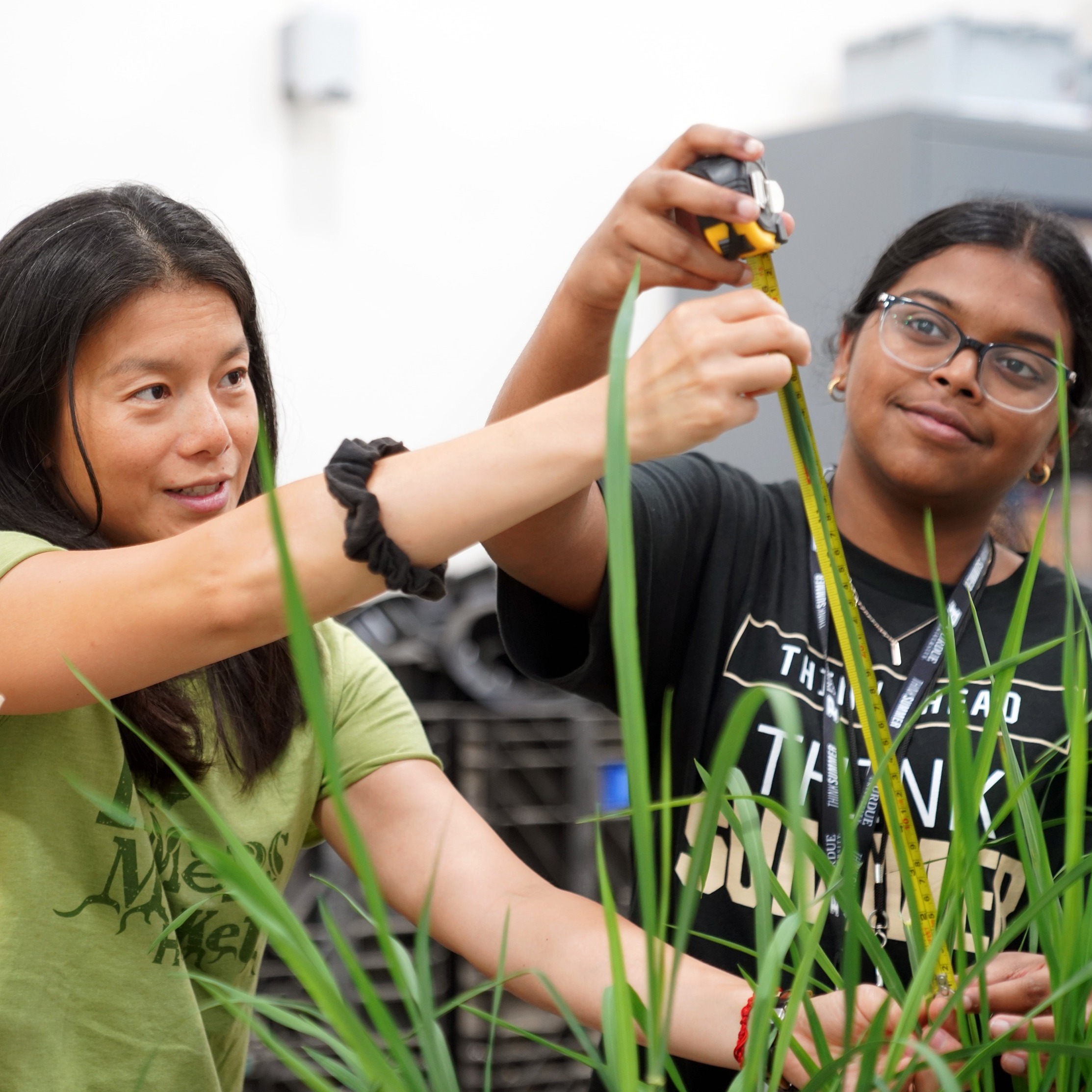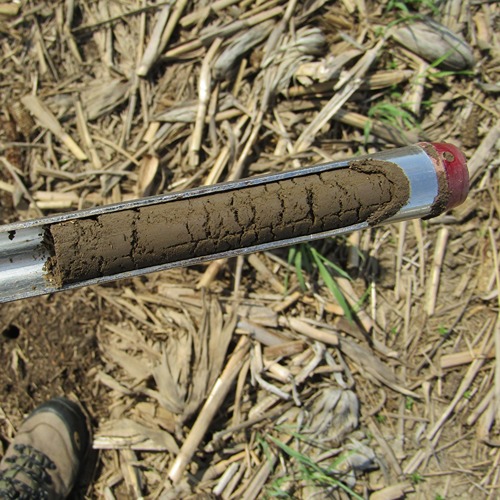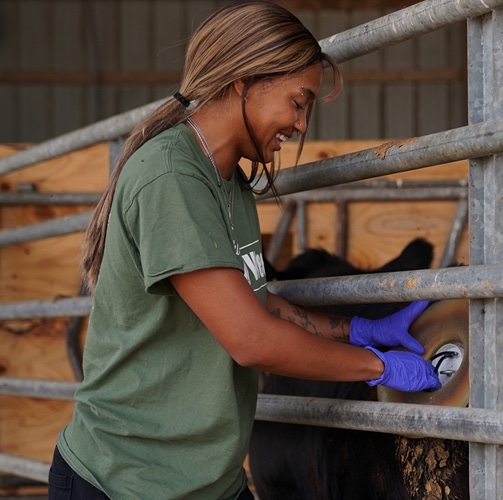Beekeepers have many options available to them when deciding on where to purchase their colonies. They can buy locally, import from large out-of-state producers or buy specially-bred stocks. This decision could impact their businesses in the long run. Brock Harpur, assistant professor of entomology, is the recent co-recipient of a United States Department of Agriculture (USDA) CARE grant that will help beekeepers improve the health and productivity of their apiaries.
The three-year grant was awarded to Harpur and Margarita López-Uribe, assistant professor of entomology at the Penn State University, to conduct a comparative study of local honey bee stocks in Indiana and Pennsylvania. Through this work, the researchers will be better able to quantify the health to profit ratio of traits associated with different lines.
“This single-blind study will work with colonies over the next three years, testing for some regular phenotypes and collecting data, which will eventually be synthesized into Extension materials and research papers for beekeepers and researchers,” Harpur explained.
"“The bottom line is that for many, beekeeping is a business and even a few dollar difference between queens can be substantial if you have to purchase hundreds of queens."
In addition to printed materials, Harpur added, the results of the study will be disseminated through field days and hands-on workshops around the state. While Harpur and López-Uribe lead the study in their respective states, it is highly collaborative research and draws on the cooperation and expertise of beekeepers in both states.
Ultimately, Harpur and López-Uribe hope their study will decrease rates of colony loss due to pests and pathogens, which is high in both states, and also empower beekeepers with knowledge about how different stocks perform in their hands.
“I think we need to be smarter about how we’re buying and replacing honey bee stocks,” López-Uribe said. “Currently, queens and honey bee packages are mass produced and transported long distances. That can be detrimental to the industry and the sustainability of honey bees as a species.”
López-Uribe and Harpur suspect their research may offer more reasons for beekeepers to stock their hives from local sources instead of sending away for a stock they view as less expensive. While they expect to find different results regarding the best stock, due to geography, climate and other factors, the researchers said they are pioneering the process for evaluating honey bees at the local level, something that is needed across the country.
Two hundred hives originating from five distinct sources have been distributed across Indiana and Pennsylvania. A team in both states will visit each hive once every three months to collect data. It’s a logistically and technically complicated study, Harpur said, but the data gathered will prove invaluable to beekeepers across the state.
“The bottom line is that for many, beekeeping is a business and even a few dollar difference between queens can be substantial if you have to purchase hundreds of queens,” Harpur continued. “This study will add value to the Hoosier beekeeping industry and set the example for other studies across the country to follow suit.”





